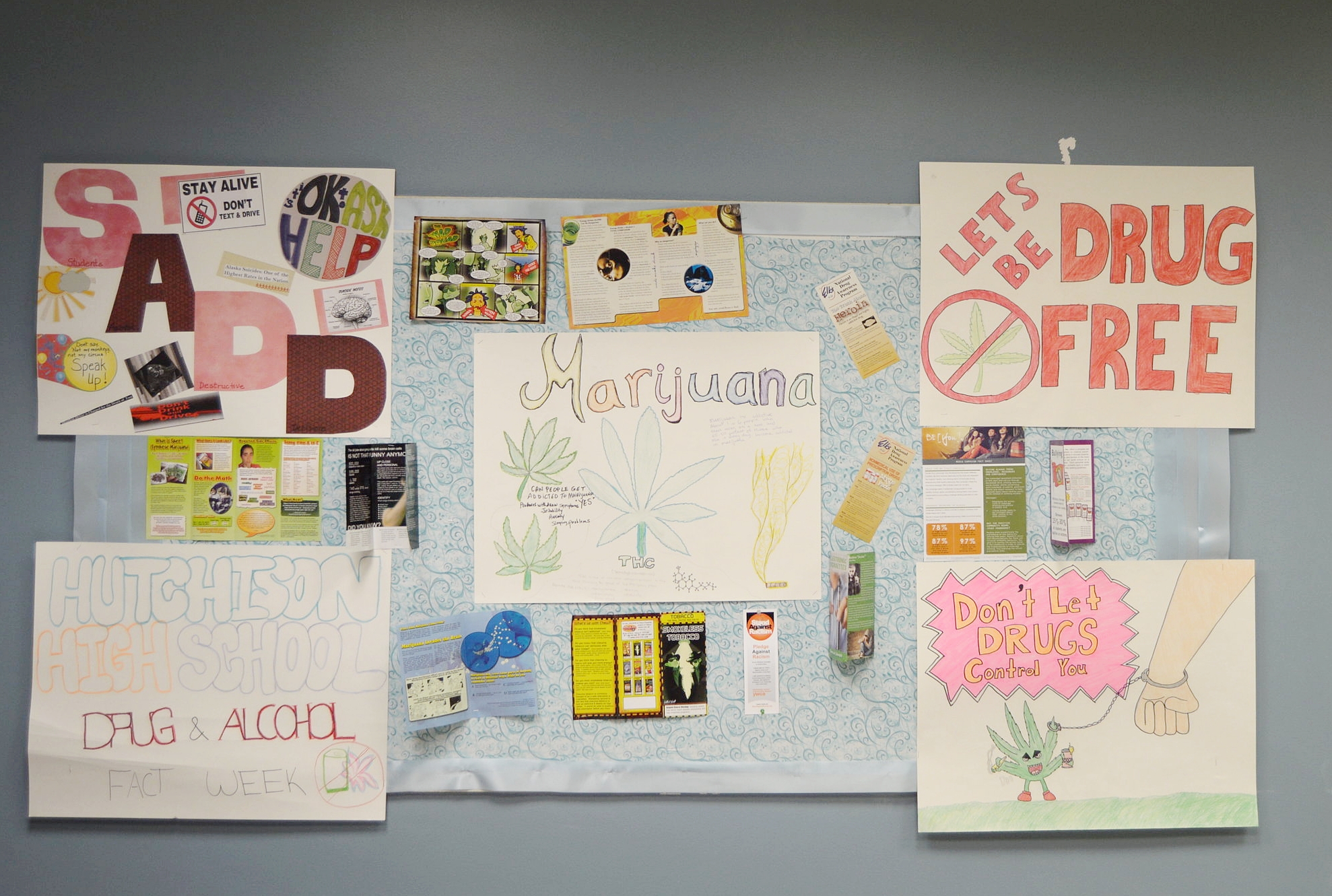Education and the war on Drugs
““When a school goes ‘impact,’ it’s like a siege mentality,” ”
Zero tolerance policies in New York's classrooms
The war on drugs affects youth from their home to the classroom and nowhere is this more evident than through the use of zero tolerance policies. These policies were put in place to deter student misbehavior by triggering automatic, frequently overly severe, disciplinary responses to student misbehavior without any consideration for mitigating circumstances. These responses almost always begin with youth being removed from the classroom, possibly through an arrest, and may lead to them being expelled or suspended.
Research shows that the best ways to keep youth from developing substance use problems is to keep them involved with activities. Yet, zero tolerance polices actively conflict with this evidence-based approach. Zero tolerance polices usually mandate that youth found in the possession of drugs are removed from sports and academic teams and suspended or expelled from school. Instead of helping youth, zero tolerance policies criminalize them and isolate them from the very systems designed to support them.
Ratio of counselors to security personnel
Policing in Public schools
New York City, the largest public school system, has roughly six security officers and three counselors for every 1,000 students. Even when social workers are included, officers outnumbered people who offer emotional and academic support in New York City.
Policing By the Numbers: New York City Department of Education
Per 1,000 students, New York City has 5.28 security personnel, but just 2.9 counselors (ratio: 0.55 counselors to security)
- Counselors: 2,850, including 2,742 full-time and 108 part-time
- Social workers: 1,193, including 1,170 full-time and 23 part-time
- Security: 5,200, including 5,000 school safety agents and 200 uniformed NYPD police officers
- Students: 984,130
effective and evidence-based drug education: What youth want to know
Young people want to receive information about the substances they may encounter in their community. A study cataloguing the questions young people asked about drugs found that they wanted to know:
- How drugs are ingested.
- Why people take those particular drugs.
- What effects drugs have on one’s short-and-long term physical, social, and emotional health.
- What legal problems one might encounter as a result of using drugs.
- How to reduce risk of harm if someone makes the choice to use drugs.
- How to get help if someone’s drug use becomes problematic.
Many drug education programs shy away from discussing drugs with such detail, as they fear providing this additional information may actually steer youth toward experimenting with drugs. Youth do not want slogans or sound bites, such as “just say no,” but rather comprehensive information addressing the range of substance use experience.
Follow the link for more information about youth education and substance use: Safety First: A Reality-Based Approach to Teens and Drugs



